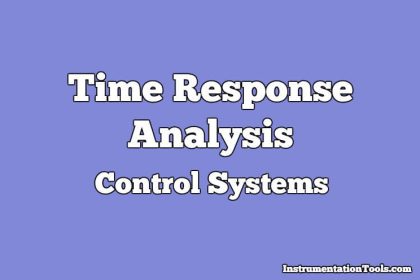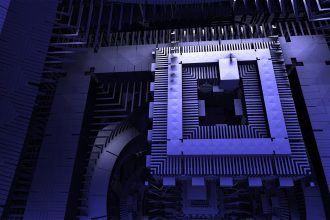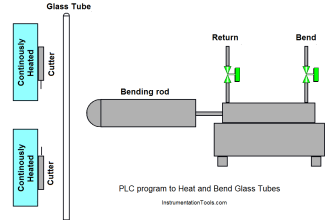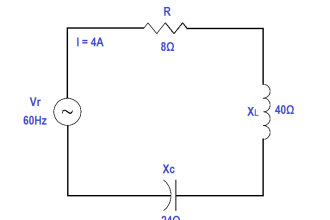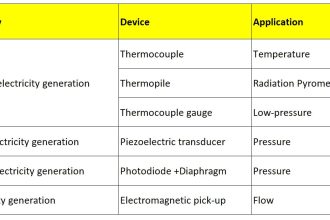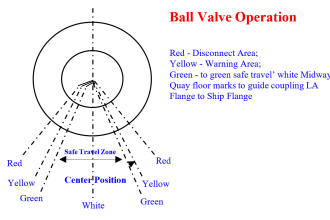Fundamentals of Radiochemical Methods Questions
1. Which of the following are highly effective in producing ion pairs when they pass through the matter?
a) Alpha particles
b) Beta particles
c) Gamma particles
d) X-ray particles
Answer: a
Explanation: Alpha particles are highly effective in producing ion pairs when they pass through the matter. They have relatively large mass and charge.
2. Which of the following can liberate photo electrons when they fall on certain metals?
a) Alpha particles
b) Beta particles
c) Gamma particles
d) X-ray particles
Answer: d
Explanation: X-rays can liberate photo electrons when they fall on certain metals. They penetrate through certain substances that are opaque to ordinary light.
3. Which of these particles are highly penetrating?
a) Alpha particles
b) Beta particles
c) Gamma particles
d) X-ray particles
Answer: c
Explanation: Gamma particles are highly penetrating. Upon interaction with matter, they lose energy in three modes.
4. Alpha emission is characteristic of heavier radioactive elements such as thorium, uranium, etc.
a) True
b) False
Answer: a
Explanation: Alpha emission is characteristic of heavier radioactive elements such as thorium, uranium, etc. They are most harmful to the human tissue.
5. Which of the following is not a mode by which beta particles lose energy on interaction with matter?
a) Photoelectric effect
b) Compton effect
c) Pair production
d) Collision effect
Answer: d
Explanation: Upon interaction with matter, gamma rays lose energy in three modes. They are photoelectric effect, pair production and Compton Effect.
6. The stability of the nucleus can be predicted by which of the following?
a) Electron to neutron ratio
b) Neutron to proton ratio
c) Proton to electron ratio
d) Neutron to electron ratio
Answer: b
Explanation: The stability of the nucleus can be predicted by neutron to proton ratio. The number of protons will always be equal to the number of electrons.
7. Which of the following is true about radiochemical methods?
a) Eliminate the need for chemical preparation
b) Not sensitive
c) Not accurate
d) Not specific
Answer: a
Explanation: Radiochemical methods eliminate the need for chemical preparation. In other method, chemical preparation has to be done before the measurement.
8. Which of the following formulae gives the expression for half-life of a radioactive isotope when ‘λ’ is the decay constant?
a) 0.762/λ
b) 0.693/λ
c) 0.937/λ
d) 0.258/λ
Answer: b
Explanation: The formula to calculate half-life of a radioactive isotope is 0.693/λ. It is the time required for half the initial stock of atoms to decay.
9. Which of the following emissions have low ionizing power?
a) Alpha particles
b) Beta particles
c) Gamma particles
d) X-ray particles
Answer: c
Explanation: Gamma particle emissions have low ionizing power. They also have high penetrating power.
10. Which of the following effect occurs when a gamma ray and an electron make an elastic collision?
a) Photoelectric effect
b) Compton effect
c) Pair production
d) Collision effect
Answer: d
Explanation: Upon interaction with matter, gamma rays lose energy in three modes. Compton effect occurs when a gamma ray and an electron make an elastic collision.
11. Which of the following effects transfers all the energy of the gamma ray to an electron in the inner orbit of the atom of the absorber?
a) Photoelectric effect
b) Compton effect
c) Pair production
d) Collision effect
Answer: a
Explanation: Upon interaction with matter, gamma rays lose energy in three modes. Photoelectric effect transfers all the energy of the gamma ray to an electron in the inner orbit of the atom of the absorber.
12. The basic unit used to describe the energy of a radiation particle is curie.
a) True
b) False
Answer: b
Explanation: The basic unit used to describe the energy of a radiation particle is electron volt (eV). The unit of radioactivity is curie.




